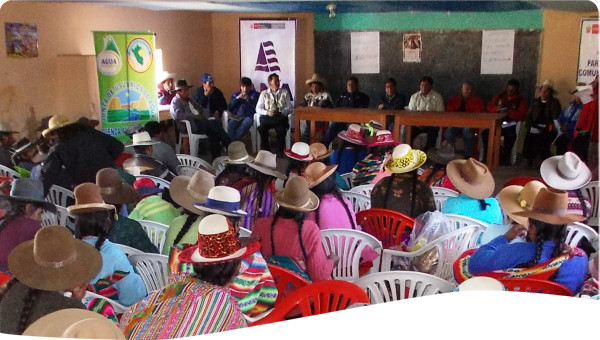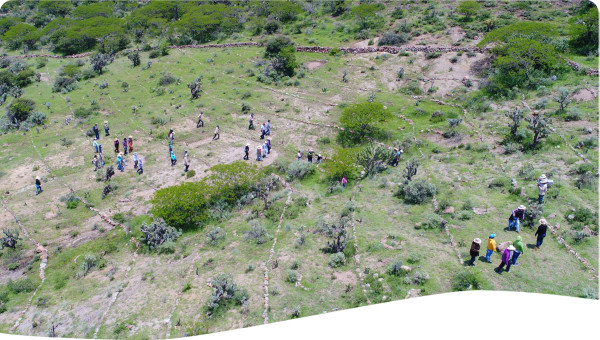Building on existing literature and the analysis of a portfolio of development projects (past and under implementation), this paper reviews the evolution of water user associations (WUAs) in sub-Saharan Africa (SSA), reflecting on the conceptualization of how they operate, and the promised outcomes related to irrigation development, and the efficient and effective delivery of irrigation services. It also moves one step further from existing studies on WUAs, postulating that additional reflection is needed to understand the limitations of WUAs and proposes alternative, viable and context-based adapted models. This need is particularly strong in SSA where irrigation is incipient, and governments and donors are still consolidating their development approaches. Whereas a growing body of international literature takes into account the sociopolitical context of decentralized irrigation management, practical indication on what remains to be done to address the various limitations found in SSA stays meagre and scattered. The objective of this paper is not to challenge the myth of WUAs but to learn how to better deliver on the promised outcomes. The underlying message is that, if the SSA region is to be made water and food secure while respecting resource sustainability, community development, livelihoods and equality of resource access, the recurrent templates for WUA management and governance need to be revisited and adapted to local needs.
Description / Abstract
Publication year
Thematic Tagging
English
 Resource -
Resource -

